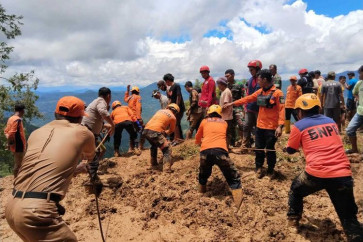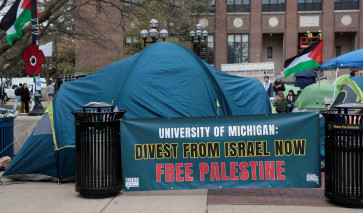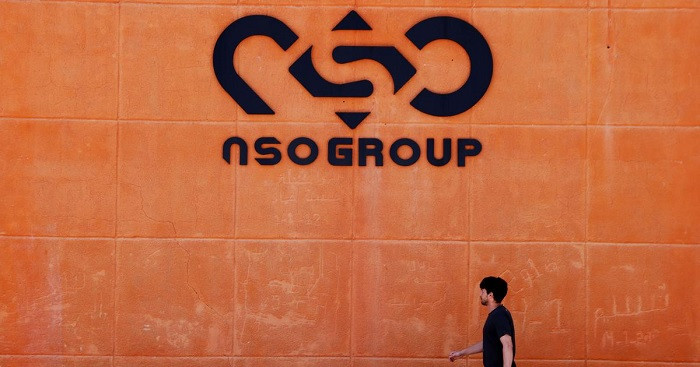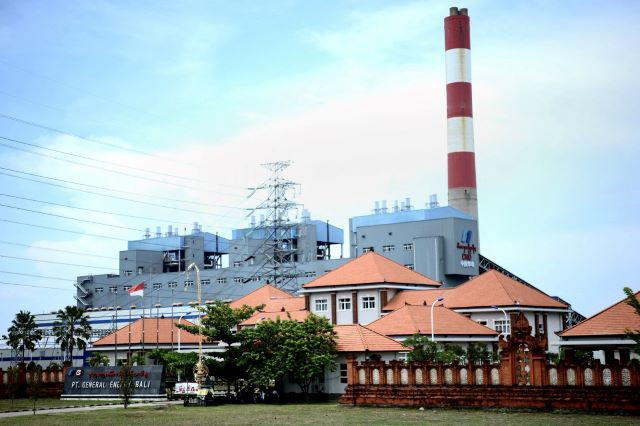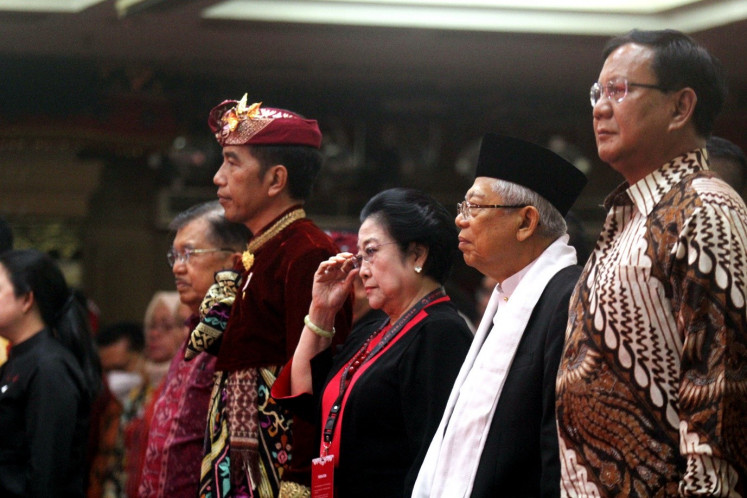Policy inconsistencies muddy ‘mudik’ measures
While the national COVID-19 task force has tightened and expanded travel restrictions ahead of Idul Fitri, authorities are allowing tourist destinations to remain open and travelers to move within urban agglomerations. Vice President Ma'ruf Amin has also asked the task force to permit Islamic boarding school students to return home.
Change Size
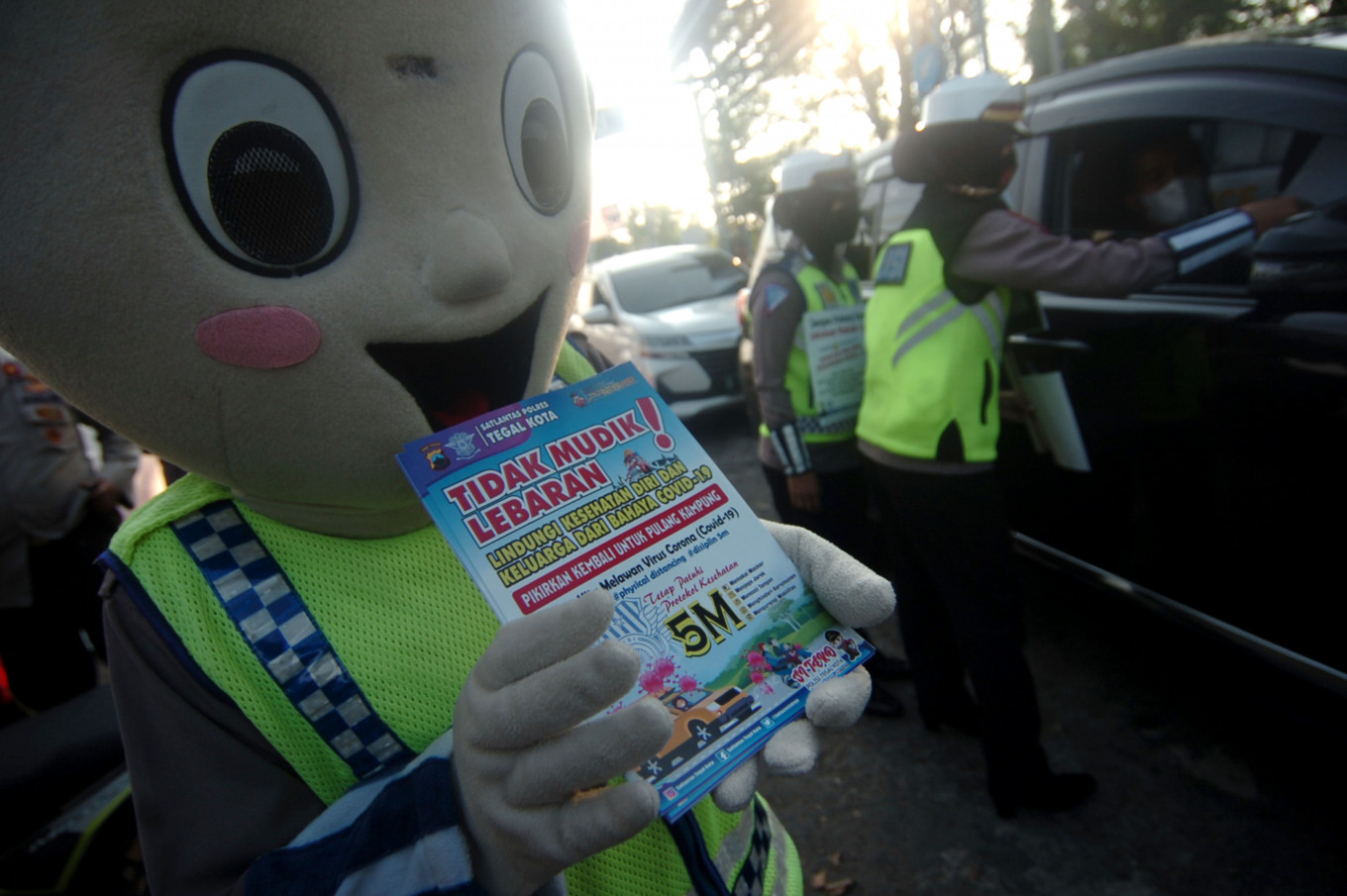
I
n an effort to prevent another COVID-19 spike in the country, the government has tightened travel restrictions to prevent the Idul Fitri tradition of mudik (exodus) for the second year in a row.
But public officials’ comments on the measures have been plagued with inconsistencies, creating confusion about what will be permitted and concern about whether the ban will be able to prevent a case surge.
The mudik ban was announced by Coordinating Human Development and Culture Ministrer Muhadjir Effendy in late March. He said it would apply to everyone in the country from May 6 to 17.
This year’s Idul Fitri is slated for May 12 or 13, depending on the sighting of the moon. The peak of mudik usually occurs a week before. Under normal circumstances, some 20 million people travel to their hometowns for the holiday annually.
Read also: 'Mudik' banned – again
After the initial announcement, the national COVID-19 task force enforced tighter travel restrictions to include April 22 to May 5 and May 18 to 24, following a survey that indicated that some people were still planning to travel to their hometowns before or after the ban.
Under the restrictions, people traveling by public land, sea or air transportation are required to present negative results of polymerase chain reaction (PCR), antigen or GeNose breathalyzer tests taken no earlier than 24 hours before the trip. Previously, authorities had allowed travelers to present results of tests taken three days prior to departure.
Presidential spokesperson Fadjroel Rachman said the tight restrictions were imposed in response to the ongoing COVID-19 surge in India.
Worldometers data shows that India saw a sharp increase in COVID-19 infection this month, reaching more than 354,000 daily new cases, compared to the average of about 10,000 daily new cases in February.
The country of 1.36 billion now has 2.8 million active COVID-19 cases and saw more than 2,000 daily deaths last week.
Despite the tighter Indonesian restrictions, authorities have said residents are still permitted to travel within an urban agglomeration, such as Greater Jakarta, without the need to present a COVID-19 test result.
The government is also allowing all tourist destinations to remain open during the holiday season.
Epidemiologist Dicky Budiman of Griffith University in Australia said the relaxed restrictions in urban agglomerations were “counterproductive to the mudik ban and could pose serious health risks to the public”.
“The aim of banning mudik is to limit public mobility, so allowing travel in a region with such a big population and high mobility, especially Greater Jakarta, which is the country’s epicenter of COVID-19, will be very dangerous,” Dicky said.
Read also: Aid begins to arrive in India as the country battles COVID surge
While experts have criticized such loopholes in the ban, Vice President Ma’ruf Amin recently asked the national COVID-19 task force to allow pesantren (Islamic boarding school) students to return to their hometowns despite the restrictions.
A spokesperson for Ma’ruf, Masduki Baidlowi, said the Vice President had heard advice regarding santri (pesantren students) from Nahdlatul Ulama (NU), Indonesia’s largest Muslim organization.
The organization told Ma’ruf that many pesantren heads were concerned that their students would not be able to return home during Idul Fitri after having spent long periods in dormitories.
“The NU central board requested that these santri be allowed to return home provided they used private vehicles or school buses,” Masduki said on Friday, as quoted by kompas.com.
Recent outbreaks have been discovered in several pesantren.
Antara news agency reported that health authorities had confirmed 85 cases from the Nurul Quran Hargorejo pesantren in Kulon Progo, Yogyakarta, as of Saturday. Local media also reported that the COVID-19 task force in Depok, West Java, had discovered some 70 cases in four pesantren in the city.
Last year, health authorities found COVID-19 clusters in dozens of pesantren. According to Rabithah Ma’ahid Islamiyah, an organization under NU’s umbrella, at least 207 clerics at 110 pesantren nationwide had died of COVID-19 as of December 2020.
Indonesia has around 29,000 Islamic boarding schools that collectively house some 4 million students.
National COVID-19 task force spokesperson Wiku Adisasmito said his team had not yet discussed Ma’ruf’s request. He added that there were no changes or exceptions to the mudik ban.
East Java Governor Khofifah Indar Parawansa, however, has issued an exemption to allow pesantren students in the province to return to their hometowns. East Java is a stronghold of NU membership and influence.
Read also: Amid sluggish vaccination roll-out, elderly vulnerable in 'mudik'
Dicky of Griffith University said children were at low risk of COVID-19 infection and that, therefore, allowing santri to return home for Idul Fitri might carry a smaller risk.
“However, their travel should be arranged under strict health protocols in the shortest period possible. They should also take COVID-19 tests to make sure they do not carry the virus and spread it to their families,” the epidemiologist said. “I’m not sure the government could prepare the necessary precautions since the Idul Fitri holiday is just around the corner.”
On Tuesday, the Health Ministry confirmed 4,656 new cases, bringing the national cumulative case total to 1.65 million. Only about 2 percent – 7.1 million – of the country’s 270 million people have been fully inoculated.

